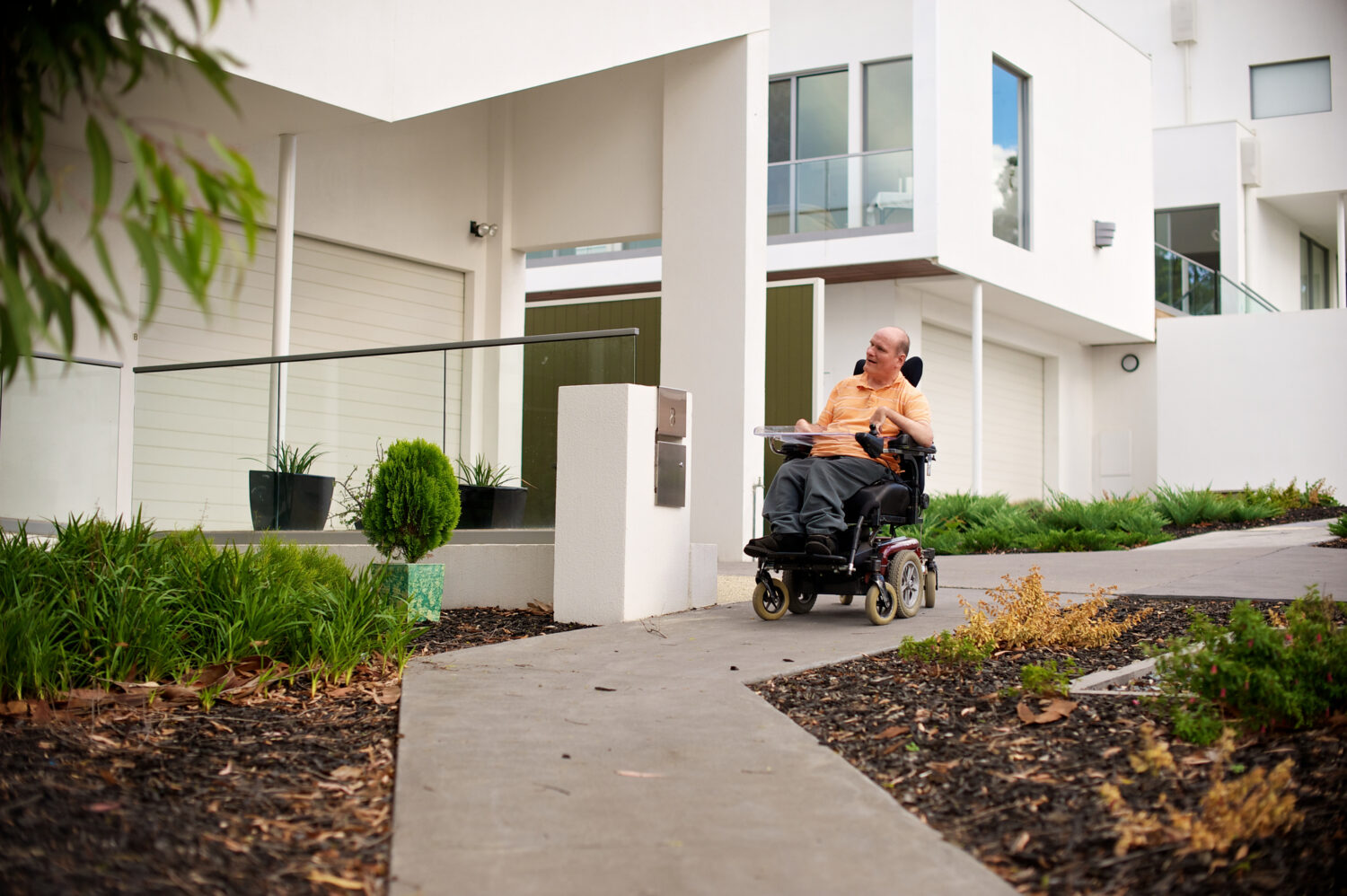NDIS Help with Housing
Finding the right home can be challenging, especially for people with disabilities. If you or a loved one has an NDIS plan, you may be wondering how the NDIS helps with housing. While the scheme does not cover rent or mortgage payments, it does fund various housing supports that enable people with disabilities to live more independently. This guide explains what NDIS help with housing is available and how to access it.
NDIS Help with Housing: What Support is Available?
The type of NDIS housing support you can receive depends on your disability needs. The scheme provides funding for:
Home Modifications
If your current home is not suitable for your disability, the NDIS can help with housing modifications, such as:
- Installing ramps for wheelchair access
- Adding grab rails in bathrooms and hallways
- Widening doorways and hallways
- Lowering kitchen benches and sinks
- Installing automatic doors or smart home technology
These modifications allow people to stay in their homes while improving safety and accessibility.
Supported Independent Living (SIL)
Supported Independent Living is for people who need daily support while living in shared or individual accommodation. The NDIS funds support workers to help with:
- Personal care such as bathing and dressing
- Household tasks including cooking and cleaning
- Social and community participation
SIL funding is separate from rent and household costs, which participants still need to cover.
Read more about SIL on the NDIS website.
Lifely’s Supported Independent Living Services
Lifely offers Supported Independent Living services for people with disabilities who need help with everyday tasks but want to live as independently as possible. Lifely provides SIL in regional Victoria, Melbourne’s outer west, and border communities in New South Wales and South Australia. Their highly skilled support workers assist with:
- Daily personal care and household tasks
- Community participation and social connections
- Developing independent living skills
If you or a loved one needs SIL support, Lifely can help you find the right accommodation and care to suit your needs. Read more about our SIL services or contact us via the online contact form.
Specialist Disability Accommodation (SDA)
For people with very high support needs, NDIS housing support may include Specialist Disability Accommodation. These homes are designed for people with complex disabilities and have features such as:
- Extra-wide doorways and accessible bathrooms
- Ceiling hoists for mobility support
- On-site staff areas for carers
SDA funding helps cover the cost of specialised housing, but tenants still contribute to rent and utilities.
Learn more about SDA on the NDIS website.
Individualised Living Options (ILO)
For people who want greater choice and control over their living arrangements, NDIS housing support may include Individualised Living Options (ILO). These supports are designed to help people with disabilities live in a way that suits their needs and preferences, with options such as:
- Living alone with support
- Co-residency with a support worker
- Living with housemates or a host arrangement
ILO funding covers personalised support to help people build independence and maintain their chosen living arrangement, but tenants are still responsible for their rent and living expenses.
Read more about ILO on the NDIS website.
Medium-Term Accommodation (MTA)
If you need a temporary place to stay while waiting for a long-term home, the NDIS provides Medium-Term Accommodation for up to 90 days. This helps people who:
- Are moving out of hospital or aged care
- Are waiting for an SDA home to be completed
- Need a short-term accessible home
Information about MTA is available on the NDIS website.
Short-Term Accommodation (STA)
Also known as respite care, NDIS Short-Term Accommodation provides temporary housing for people with disabilities. It allows both the person and their carers to have a break.
STA may include:
- Overnight stays in disability-friendly housing
- Group accommodation with planned activities
- Support from trained carers
Discover more about STA on the NDIS website.
Does the NDIS Pay for Rent or a Mortgage?
The NDIS does not pay for rent or mortgage costs, as these are considered everyday living expenses. However, it can fund disability-related housing supports that make it possible to live safely and independently.
Who Can Get NDIS Housing Support?
Not all NDIS participants will receive NDIS help with housing. To qualify, you must show that housing support is reasonable and necessary for your disability. You may be eligible if:
- Your disability makes it unsafe or impossible to live alone
- Your home cannot be modified to meet your needs
- You require on-site support workers for daily activities
How to Apply for NDIS Housing Support
If you need NDIS housing support, speak to your NDIS planner or support coordinator. You may need reports from healthcare professionals explaining your housing needs.
For more information on NDIS help with housing, visit the NDIS website or contact Lifely to discuss how they can support your independent living needs.



